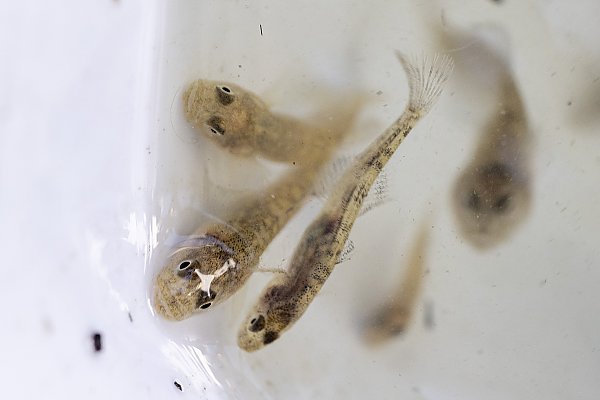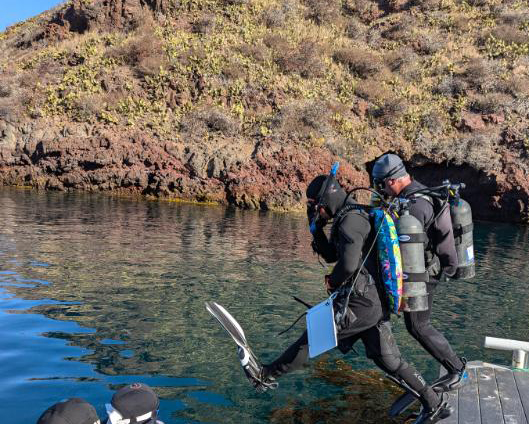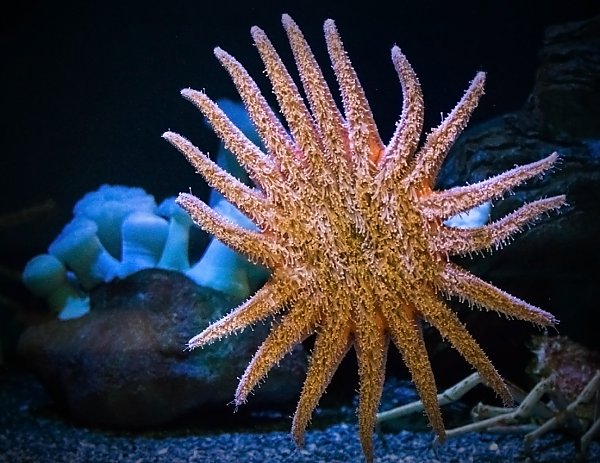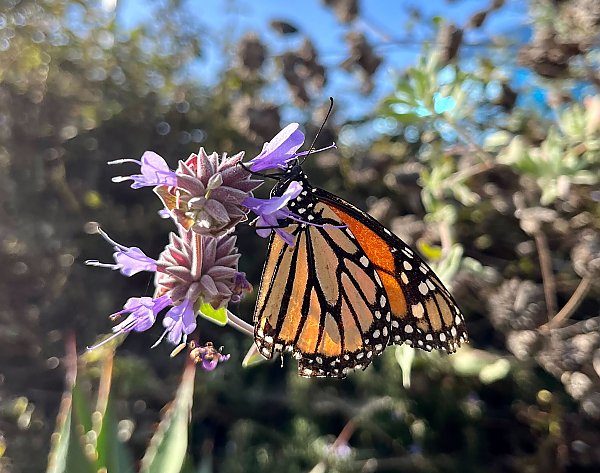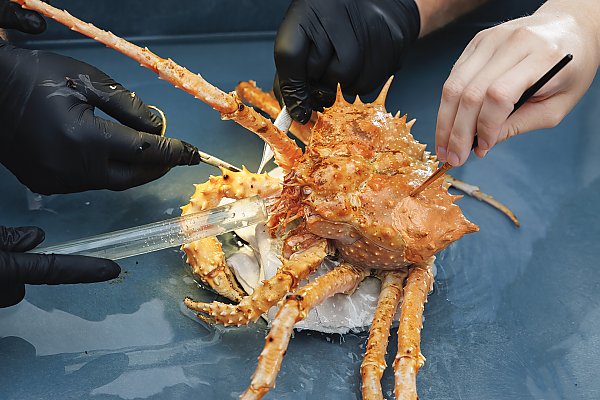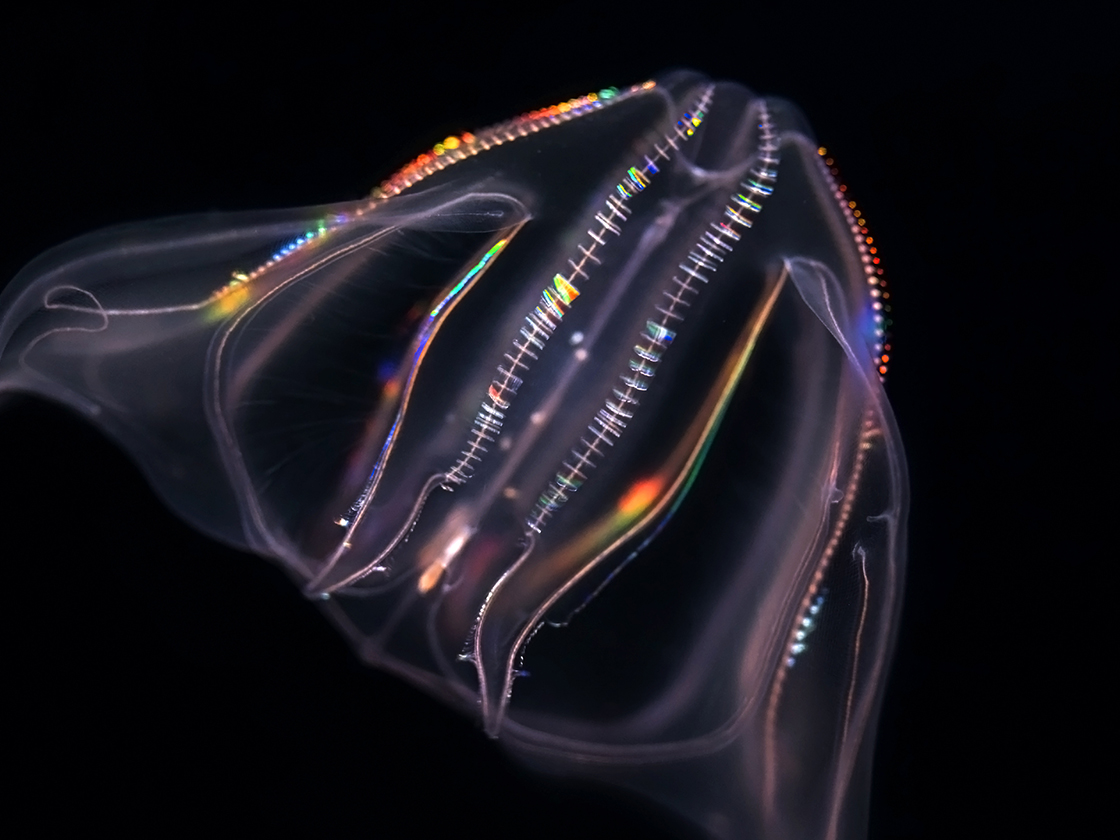Explore Our Global Food Future in Aquarium Course

Credit: iStockphoto
September 5, 2018
When assessing human impact on the environment and looking for potential solutions, we must consider the two most significant factors: our methods of creating and using energy and the ways we grow our food. A new evening course at the Aquarium will examine the latter this fall and explore what food production and agriculture might look like by the year 2050, when an additional 2 to 2.5 billion people will live on Earth. The course will also look at how climate change is impacting global agriculture.
In this new normal, scientists and farmers will need to identify new crops that can withstand warmer temperatures, drought, and, in coastal areas, potential flooding as a result of sea level rise. The course speakers will discuss how agriculture and food systems around the world might look over time, what innovations in agriculture are being explored, the role of genetically modified organisms and gene editing technologies like CRISPR, and how farming the sea will become an increasingly important source of animal protein.
Speakers will include experts in agriculture, climate change, genetics, and farming, including aquaculture. With limited class size, attendees will have the opportunity to interact with the speakers and learn the latest science directly from scientists and researchers studying these topics. This course is part of the Aquarium’s Aquatic Academy and will be held on October 10, October 17, November 7, and November 14 in the Premier Watershed Classroom, from 7:00 p.m. to 9:00 p.m. The cost to participate is $35 for Aquarium members and $40 for non-members. For an additional $10, participants can receive continuing education credits. Call (562) 590-3100 to sign up. This course is sponsored by the JAG Molina Family Foundation.

